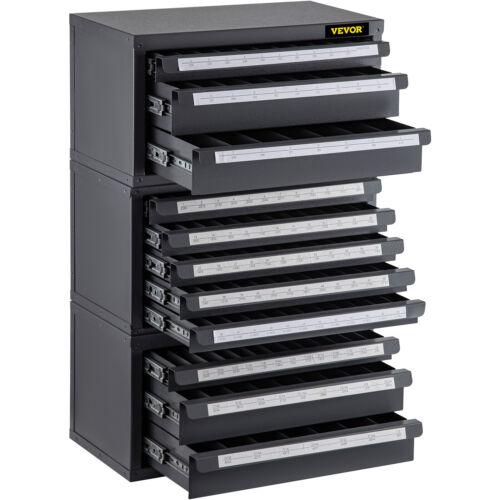CDA 455 II
ANFAQUE2
Interesting🤔
For 1/4 and under this set will change your life.
Blair Equipment 11090 Rotabroach Cutter Kit Amazon.com
Astro Tools makes those as well, and I've heard nothing but stellar reviews of them. Not sure if they can be sharpened, but I bet they last a long time as is.i was given a drill set and these are absolute great even has 3 flats in the shank



You know what happens when you force feed a dull drill until it's cutting a .020 chip?they weren't warrantied against dulling out, just breaking.

You know what happens when it gets dull so you lock it in the vise and smack it with a hammer?You know what happens when you force feed a dull drill until it's cutting a .020 chip?

Milwaukee and dewalt drill bits aren’t great quality for drilling steel. They either dull out easy or break.How do you drill holes in metal with a hand drill?
Speed?
How much pressure to apply?
Drill bit preference?
Hole in question is 1/2"
The reason for the thread is I've gone through drill bits, it appears, way too often.
I use WD40 while drilling.
I buy/use expensive Milwaukee and Dewalt drill bits.


I thought about it, but my punch dies in this size are just HSS and they are way more expensive than these $3 spotting bits.Sounds like a job for a punch.
Disclaimer: I have no idea if TI shears and punches well.
Read the thread, nOOB!wtf is that, and why?


Bingo!I like these for getting the hole started and going if its through something too thick that the blair kit won't do it. I also have a few homemade ones that are drilled for the OD of common smaller hand taps so that I can start a hand tap straight (I use spirial gun taps in my cordless on low speed with the guide block for starting them)

I'll also support the fact that WD40 sucks for drilling holes. Just order a decent size can of Tap Magic or similar and take care of it. It lasts a lot longer than you realize.
Something not mentioned yet is chip color as well. If they are coming out blue you are going too fast or pushing too hard. Golden is usually a sign you are making some heat but with cutting oil that is fine. If they are metallic and curly, you are doing okay and not killing the bit. If you are making powdery chips and it aint cast material... you need a new drill bit, more oil, or to push harder.
I start a lot of holes with a #30 double ended cheap spotter bit. They are like $1.35 ea and I buy 10 packs. I like the #30 because I use them for rivet work and they give enough clearance. Then step up the drill sizes from there. With a hand drill going to 1/2", its usually the #30 first, then a good sharp 1/4" and then on up to the 1/2". If its SS or something weird, then I sometimes throw in a 3/8" step as well.
Speaking of steps. If its 1/8" or thinner... that's started with a #30 and then I use a decent step bit or the Blair Kit.
If its thin sheet and bigger than 3/4"... its the #30, the step bit up to 3/4" and then the Swag Tube size knock out kits with a Hydraulic knockout puller, or the shop press if the part fits in that.
The drill doctor 750x is a clunky bastard but after years of screwing with it, I can usually salvage nicer brand bits up to around 3/4". I also have a Sterling Grinder for +1/2" up to 2-1/2". A drill gauge is necessary too for making sure you grind the leads even if doing it by hand.
I don't know shit about drill bits though.



One down; two to go.I got these on my 'to buy' list:
✅


